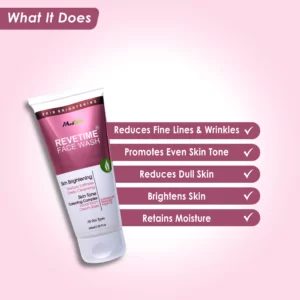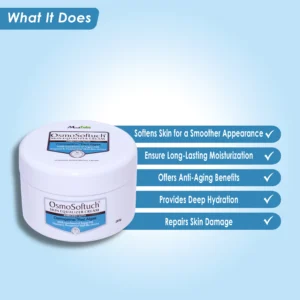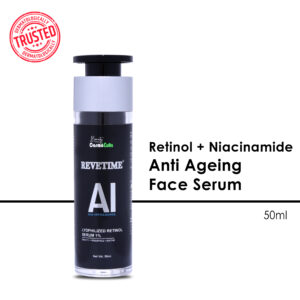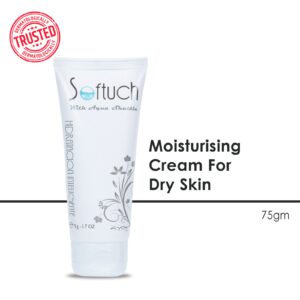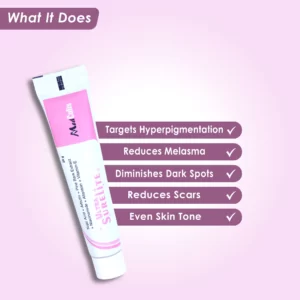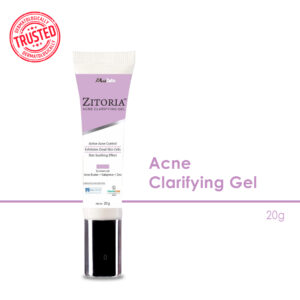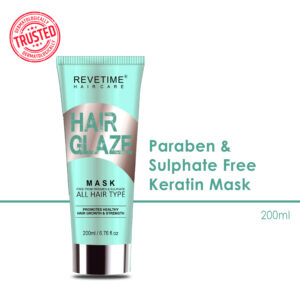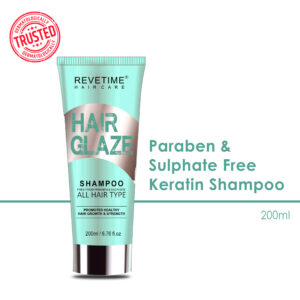
How to Choose the Best Cream for Your Specific Skin Condition
Introduction
Selecting the suitable cream for your specific skin condition is essential for maintaining healthy and radiant skin. With the vast variety of products available in the market, it is overwhelming to determine which hyaluronic acid body cream will address your unique needs. In this blog, we will explore the key factors to consider when choosing the best skin care products for your skin condition. By understanding your skin type, evaluating ingredients, seeking professional advice, reading product labels and reviews, and considering your budget, you can make an informed decision to achieve optimal skincare results.
Understanding Your Skin Condition
Before choosing a cream, it’s important to identify your specific skin type and recognize common skin conditions that affect you.
1. Identifying your specific skin type
- Normal skin: This skin type is well-balanced, neither too dry nor too oily, with minimal sensitivity.
- Dry skin: Dry skin tends to feel tight, rough, or flaky and may be prone to itchiness and irritation.
- Oily skin: Oily skin is characterized by excess sebum production, resulting in a shiny appearance, enlarged pores, and a higher likelihood of acne breakouts.
- Combination skin: Combination skin exhibits characteristics of both dry and oily skin, with oiliness typically concentrated in the T-zone (forehead, nose, and chin) and dryness in other areas.
- Sensitive skin: Sensitive skin is prone to reactions, such as redness, itching, or stinging, when exposed to particular products or environmental factors.
2. Recognizing common skin conditions
- Acne: Acne is a common skin condition characterized by pimples, blackheads, whiteheads, and sometimes cysts or nodules.
- Eczema: Eczema is also called atopic dermatitis, and causes dry, itchy, and inflamed patches on the skin, often accompanied by redness and roughness.
- Psoriasis: Psoriasis leads to the development of thick, scaly patches on the skin, typically accompanied by itchiness and redness.
- Rosacea: Rosacea causes persistent redness, visible blood vessels, and sometimes, bumps or blemishes, primarily affecting the face.
- Hyperpigmentation: Hyperpigmentation refers to areas of the skin that appear darker than the surrounding skin due to excess melanin production.
- Aging skin: Aging skin experiences a loss of elasticity, fine lines, wrinkles, and a decrease in overall firmness. The hyaluronic acid body cream is working effectively on this skin condition.
Evaluating Ingredients
Understanding the ingredients in your hyaluronic acid body cream is crucial in selecting the right one for your skin condition.
1. Researching active ingredients
- Understanding the purpose and function of key ingredients: Different ingredients serve various purposes, such as hydrating, exfoliating, soothing, or providing antioxidant benefits.
- Identifying ingredients suitable for your skin condition: Look for ingredients that address your skin concern. For example, salicylic acid is effective for acne-prone skin, while hyaluronic acid body cream benefits dry skin.
2. Avoiding potential irritants or allergens
- Recognizing common allergens: Ingredients like fragrances, parabens, sulfates, and certain preservatives trigger allergic reactions in sensitive individuals.
- Checking for fragrance-free and hypoallergenic options: Opt for products labelled as fragrance-free paraben free and hypoallergenic, as they are less likely to cause irritation or allergic reactions.
- Considering natural or organic alternatives: Some individuals prefer natural or organic skincare products to minimize exposure to potentially harmful chemicals.
Seeking Professional Advice
Consulting a dermatologist or exploring specialized skincare clinics or estheticians provides valuable guidance tailored to your skin condition.
1. Consulting a dermatologist
- Understanding the role of a dermatologist in skincare: Dermatologists are medical professionals specializing in skin health and offer expert advice and treatment options.
- When to seek professional guidance: If you have a severe skin condition, if over-the-counter products are not providing satisfactory results, or if you are unsure about your skin condition, it’s advisable to consult a dermatologist.
2. Exploring specialized skincare clinics or estheticians
- Utilizing professional expertise for personalized recommendations: Skincare clinics and estheticians assess your skin condition and provide the best skin care products with customized recommendations based on their expertise.
- Considering the cost and availability of professional consultations: Professional consultations incur additional charges, so consider your budget and the availability of these services.
Reading Product Labels and Reviews
Carefully reading product labels and seeking reliable reviews helps you make informed decisions about the hyaluronic acid body creams you choose.
1. Decoding product labels
- Understanding the order of ingredients: Ingredients are listed in descending order of concentration, so pay attention to the first few ingredients as they are present in higher amounts.
- Recognizing marketing claims and their implications: Be aware of exaggerated claims on product labels and focus on the ingredients and their proven benefits.
2. Seeking reliable reviews and recommendations
- Evaluating sources for unbiased and trustworthy reviews: Look for reviews from reputable sources, such as dermatologists, skincare experts, or established beauty publications.
- Considering feedback from individuals with similar skin conditions: Reviews from people with similar skin conditions provide valuable insights into a product’s efficacy and compatibility.
Testing and Sampling
Before committing to a hyaluronic acid body cream, it’s advisable to test and sample the product to assess its compatibility with your skin.
1. Patch testing for sensitivities or adverse reactions
- Proper technique for patch testing: Apply a small amount of the cream on a discreet area of your skin, such as the inner forearm or behind the ear, and observe for any adverse reactions.
- Observing any adverse effects within a specific timeframe: Leave the patch for 24 to 48 hours and check for any redness, irritation, itching, or swelling. If you experience any discomfort, discontinue use.
Budget Considerations
While skincare is an investment in your health, it’s important to consider your budget and explore affordable alternatives.
1. Determining your skincare budget
- Balancing price and quality: Higher price doesn’t always guarantee better quality, so assess the value and benefits the cream offers concerning its cost.
- Considering a long-term investment in skincare: Investing in high-quality creams that address your skin condition yields long-term benefits, potentially reducing the need for additional products or treatments.
2. Exploring affordable alternatives
- Comparing generic and drugstore options: Generic or store-brand best creams are cost-effective alternatives to pricier branded products without compromising quality.
- Evaluating cost-effective yet reliable brands: Some brands offer affordable options without compromising on the quality and efficacy of their products. Look for reviews and recommendations to identify reliable budget-friendly options.
Conclusion
Choosing the best skin care products for your specific skin condition requires careful consideration and research. By understanding your skin type, evaluating ingredients, seeking professional advice, reading product labels and reviews, testing, sampling, and considering your budget, make an informed decision. Remember to prioritize skincare health and seek professional guidance when needed. With a suitable cream, you can nurture and maintain healthy and radiant skin.





